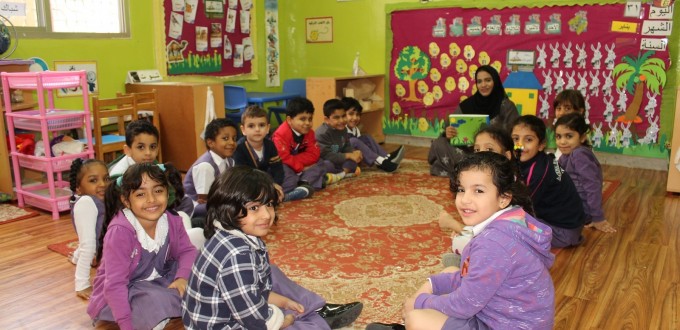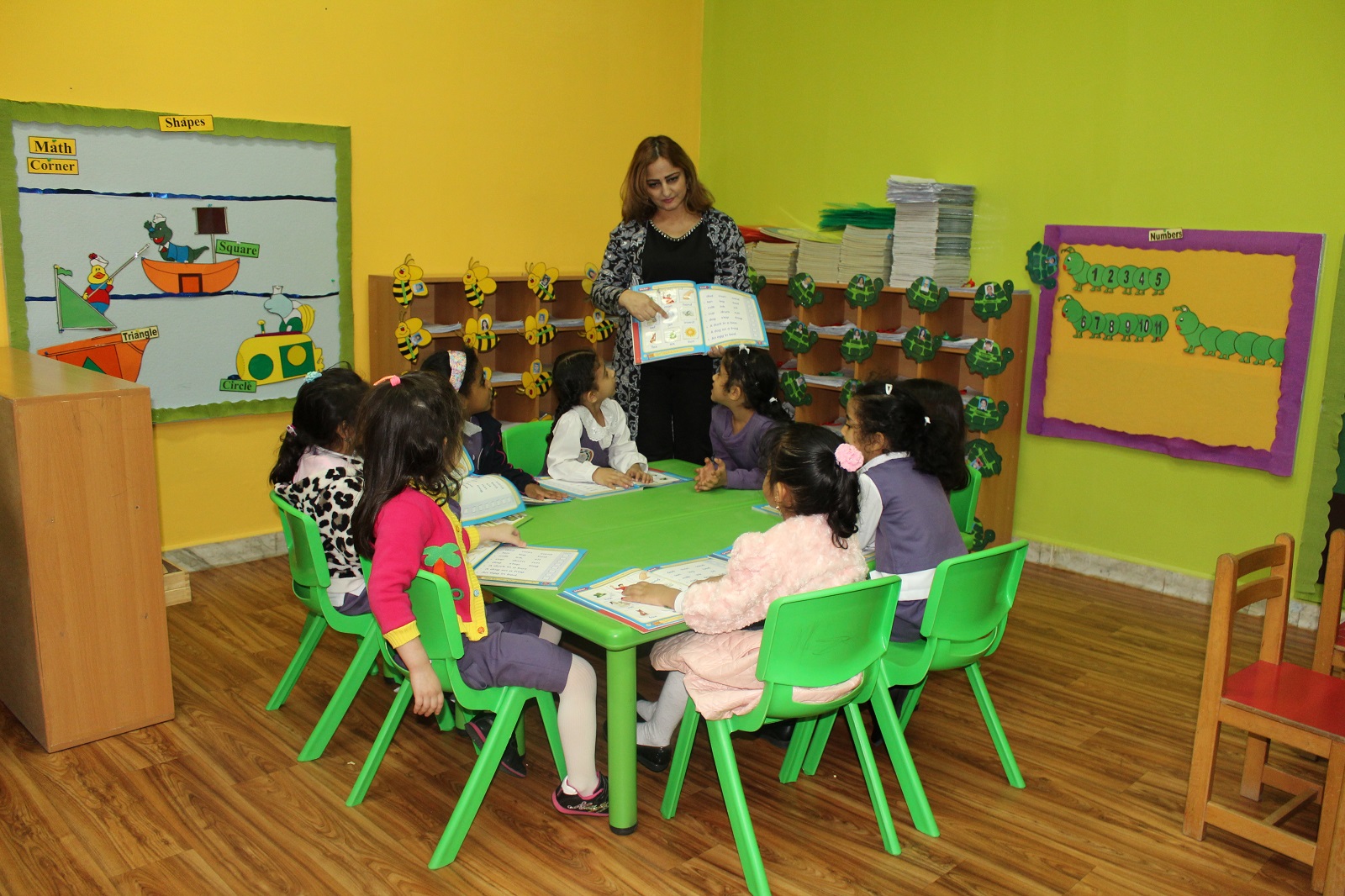![]()
It is often seen that entrepreneurs overlook human resource planning, or simply stated, people planning, in the early stages of their business. However, people planning is an integral part of business strategyand starts when the firm is no more or less than a single person – the entrepreneur himself. Indeed, the basic framework for managing staff requirements is conceived at the start of a business when you decide how to handle your own compensation, working hours and any continuing education needed to better manage your own business.
As your firm grows bigger, the scope of people planning also increases. Planning around people requirements is more than just taking care of the existing or potential human resources in your organisation. It also involves taking strategic decisions around hiring more resources to handle an upcoming project or subcontracting for resource requirements at an initial stage. Approaching such decisions strategically at the outset allows you to gradually build upon and perfect your people planning process as the business grows bigger and human resource challenges become more complex.
With its thoughtfully designed and well-structured suite of business support services, GroFin helps its clients manage the critical function of human resource planning. Based on our wealth of experience in helping entrepreneurs add value to their business, here are ten steps to optimally plan the people requirements for your business:
#Step 1: Formulate an overarching HR strategy
Based on your overall organisational strategy, you can develop a strategic HR plan that will allow you to make HR management decisions today that support the direction the organisation will be headed in tomorrow. The organisational vision, mission and values are an invaluable reference point while formulating an HR strategy. Also, keep in mind that the HR strategy should ultimately be conducive to building an ethical business culture, such that a code of conduct is clearly defined for employees and guide their dealings with customers, suppliers and colleagues. Finally, containing costs being an important objective for any entrepreneur, strategic HR planning must also have a robust budgetary aspect so you can factor recruitment costs, induction costs as well as training and development expenses into your organisation’s operating budget.
#Step 2: Assess the current HR capacity
Based on the organisation’s strategic plan, the next step in HR planning is to assess the current HR capacity of the organisation. For undertaking this process, the knowledge, skills and abilities of your current staff must be identified. This can be done by developing a skills inventory for each employee encompassing a list of professional skills, special skills (based on recreational and volunteer activities relevant to your organisation), educational attainment and any additional training or certification. Taken together with the employee’s ongoing performance assessment, the skills inventory will help determine if the employee is willing and able to take on greater responsibilities, and whether or not they need further training and development to undertake the same. An important objective of assessing current HR strength is to ensure that various functions or departments are staffed adequately to complete all work requirements towards meeting organisational goals. As business owner, you must ensure that the workload is balanced and that no individual or department finds itself overburdened to the point that task completion suffers.
#Step 3: Conduct a gap analysis
The next step is to estimate the future HR needs of the firm and compare it with current needs, or in other words, do a gap analysis. Arrive at a total staff strength needed to achieve your objectives, based on the individual requirements for different functions (finance, operations, marketing, administration and so on), to understand the gap between where the organisation is at today and where it must be headed tomorrow to best meet its goals. Besides doing an inward-looking assessment of your requirements, you must also look to the external labour market to figure out the challenges in implementing your staffing plan. Also, be sure to conduct the gap analysis with an eye to the future. Keep in mind that as your company grows, the management function becomes more complex and so does HR planning. The first few employees may have reported directly to you but you will eventually need to add layers to the organisation structure with a functionally sound management team in place to supervise additional employees. Addressing these changing needs requires you, as the business owner, to determine if the current management team has the necessary experience and skills to succeed in a larger, more structured and more complex organisation. Remember, delegation is key to managing a more complex organisation with greater roles and functions, so don’t hesitate to factor in additional management positions as your organisations grows. Also, as roles expand in scope with the evolution of the organisation, for instance, diversification, expansion etc., it would be essential to consider training and upskilling existing employees to capably take on additional responsibilities. Else, especially in case of unrelated diversification, the management must consider hiring staff that already possesses the requisite skills, at risk of stretching existing staff and disrupting the current workflow.
#Step 4: Search for candidates
Now that you have conducted the gap analysis and identified all positions that need to be filled, it’s recruitment time! The first step in recruitment is the search for the right candidates to step into vacant positions. Remember, for this search to be successful, you must arm yourself with an accurate and detailed job description. This will also help in developing a broader perspective on the skills required for the job, even as such positions grow and evolve as your company progresses. Conducting a job-skill match will enable you to identify any issues that might arise in a potential candidate, who may lack certain essential skills that are needed to fulfill the listed job requirements. As a busy entrepreneur, you would want to search for candidates through a method that is least time consuming for yourself as well as for the candidate. Accordingly, avoid lengthy application forms that can potentially demotivate candidates. Keep in mind that if a question can wait till the next stage, so it should.
#Step 5: Conduct interviews
An interview is an important step in the recruitment process, so make sure that you have shortlisted the right candidates for a face-to-face process. Weed out candidates who are not a right fit for the job through a telephonic process. This will help you save both your time as well as that of the candidates. Besides a job-skill match, an interview is also the right platform to assess the cultural fit of the candidate with your organisation. The ethical culture established by you under your HR strategy must be reinforced in practice by hiring new employees who adhere to ethical conduct in past work experience. At the interview stage, this could indicate greater focus towards questions on how candidates would deal with ethical dilemmas in the workplace. Remember, reputation management is critical to a new business so ensure that your workplace is staffed with ethical employees.
#Step 6: Observe hiring laws
When going through the hiring process, it is critical to adhere to the laws and regulations of the labour board in the location that you operate and also give due consideration to the rights of an employee, especially if they are new to the country or region, or even new to the workplace. We admit that labour laws are often complex, and can get your business in trouble if they aren’t adhered to, either in letter or in spirit. A business that abides by the law also lays the framework for employee satisfaction with the workplace, thus promoting a happier and healthier workplace with lesser employee complaints andlower labour turnover. Apart from strict adherence to hiring laws, your business could also set internal HR benchmarks such as gender diversity in line with good international practice, or making due provision for Black Economic Empowerment (BEE) if you are an employer in South Africa, to make itself a preferred employer. A workforce that embraces diversity sets itself up for greater representation of views from employees across the board, and diversity of views is proven to propel an organisation to greater heights, especially in today’s dynamic and constantly evolving workplace.
#Step 7: Make efforts to retain the right employees
You might have hired the right candidate, but unless you retain them, all that effort may as well have been in vain. Especially if it is an employees’ market, no sooner does an employee feel dissatisfied with job, pay or feedback, are they likely to move on to better prospects. As a small business owner, it is that much harder for you to hold onto top talent as you will likely not be in a position to offer above-market salaries or a well-known brand name. As such, you must strive to ensure that your employees are happy and motivated in their jobs. If you are unable to retain employees, you will find yourself spending more and more time as well as resources in an effort to replace those that leave. Remember, lower turnover ensures lower costs and ensures greater efficiency at the workplace. Holding your employees in ‘positive regard’ and creating a conducive culture to grow and evolve at the workplace could be key to retaining the right talent. Some tried-and-tested methods you can use to ensure employee retention are to: allow employees to grow in their jobs; treat employees with respect and solicit their views; provide employees with competitive pay and benefits; and, conduct team building exercises so your employees can exploit team synergies better. As your organisation grows and formalises, offering incentives like employee stock option plans that give valued staff part ownership of the organisation in return for demonstrated performance and continued loyalty, are good avenues to explore to retain key people.
#Step 8: Identify progression path for employees
Robust HR planning must factor in a progression path for employees. As a business owner, you face the challenge of assessing which employees are ready to move up in the organisation and which resources might need to get more hands-on with their current positions before a role progression is indicated. The life stage that an employee is at – fresh out of college and ready to take on new challenges; newly married and waiting to plan a family; or having settled their kids and focusing on taking their career to the next level – is also an important determinant of their professional priorities. Having identified theprofessional priorities of employees, you must ensure that your organisation is honing in-house managerial talent, and that you are providing sufficient training and development opportunities to allow employees to progress along the path of taking on additional responsibilities and leveraging their skills to maximum advantage. Needless to say, identifying a progression path for employees is incomplete without making provision for work- life balance, allowing employees to plan and avail sufficient leaves for rest and recreation, and also having due regard for their personal time.
#Step 9: Provide training and development
Training and development needs can be met in a variety of ways. One approach is for you to pay for your employees to upgrade their skills. This may involve sending the employee to take courses or certificates or it may be accomplished through on-the-job training. Another approach is to allow your employees to bear the expenses of the course content while allowing them to take a paid sabbatical (either on full salary or part salary) so that they can pursue higher education and come back to your organisation once their course is over. This would depend entirely on your comfort level with the employee and your confidence in their organisational loyalty. Additionally, in today’s technology-powered workplace, training and development needs are increasingly being met through cost effective techniques such as online learning modules.
#Step 10: Review HR plan to meet objectives
As your organisation grows and evolves, you must constantly review the HR plan and use all tools at your disposal to ensure that human resource requirements are being met in a feasible manner. If you appear to be headed in the wrong direction, a course correction through an HR restructuring exercisemight be indicated. Alternatively, if you find your team overburdened with projects, outsourcing, sub-contracting or collaboration with peers might be a good option to stay lean and avoid overstaffing for meeting short-term needs. Let us go through each of these strategies for an understanding of when these might be indicated:
Restructuring: If your review indicates oversupply of skills, you could adopt HR restructuring as a tool to course correct. Right staffing of your organisation could lead to termination of workers so ensure that such issues are dealt with in a sensitive manner. There would typically be costs associated with this approach depending on your employment agreements involving notice period pay. Also, you must ensure that you are compliant with labour legislation, especially if it is a mass restructuring exercise involving multiple lay-offs.
Outsourcing/ Sub-contracting: In a specialisation-driven global economy, many organisations choose to look outside their own staff pool for certain skills. This is particularly helpful for accomplishing specific tasks that do not require ongoing full-time work. For instance, payroll for a small workforce may be done by an external organisation rather than hiring a full-time resource expressly for that purpose. Alternatively, external consultants with specialised skills could be used for legal advice or audit requirements rather than creating positions in-house. Also, for a large contract that may not be of a recurring nature, you may choose to sub-contract rather than bringing on additional employees who would be a drain on overheads.
Collaboration: Finally, by collaborating with other organisations you may have better success at dealing with a shortage of certain skills, especially where intrinsic education or advanced training & development needs are concerned. Examples could include multiple small organisations, in say the IT space, working together to influence courses offered by educational institutions to include more technology-focused content, pooling together employees to send for a training where a certain group size is indicated to avail of the course, or allowing employees to undertake job rotations in partner organisations to gain skills and insight that your small firm may not be in a position to offer just yet.
Take the case of Hatlab Ice Cream in Abuja, Nigeria, where GroFin helped ex-banker Latifat Balogun to focus on the elusive art of ice cream making while helping her with operational aspects including human resource planning.
GroFin not only granted a loan of NGN 29 million over five years for Hatlab’s expansion, but also extended support on multiple fronts in the business support domain. GroFin advised the client on marketing – covering branding, sales and stores layout, financial management – covering quality control and financial records, as well as human resource planning – covering training and right staffing.
On the operations and human resource front, GroFin played a facilitating role at a company retreat to brainstorm business process improvement. Additionally, GroFin assisted at a week-long skills acquisition program organised by the company in partnership with Gelato University for over 20 upcoming entrepreneurs. GroFin also actively counselled the entrepreneur on right sizing staff, to ensure that the business could minimise its staffing costs even as the sales outlets doubled.
Since GroFin’s investment and involvement in the business, the number of sales outlets has increased from three to six, with the sixth location in Ilorin becoming operational as recently as the second half of 2015. With training and right sizing of staff, the business has achieved reduction in the production cost, 15% growth in sales, and a measurable increase in customer satisfaction. Also, employment opportunities have multiplied with the store expansion as staff has grown from 30 to 40, of which 42% are semi-skilled.
With improved branding and quality control following robust staff training, the business gained international recognition as recipient of the International Star for Leadership in Quality Award in the Gold Category at the 2014 BID Quality Convention in Paris.
Throughout our relationship with you, from the pre-finance stage to the post-finance stage, GroFin will provide your business with appropriate business support designed to meet its growth needs. To date, over 7,000 entrepreneurs have benefited from our business support expertise. You could be one of them!Apply today and get the GroFin advantage on your side.


































